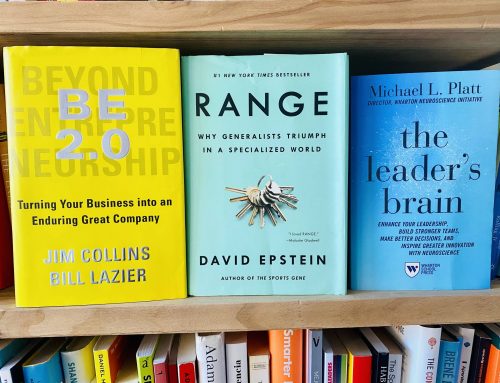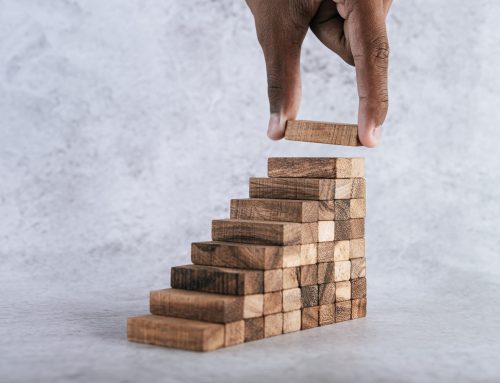You’ve had a great idea and a few days or months later you find out that someone else is doing the same thing. Should you give up? Maybe quite the opposite.
In this era where we are constantly bombarded with entrepreneurship info, there is one question that hasn’t been answered yet: which factors make a project successful?
Well, it seems we finally have an answer.
After being involved in launching hundreds of companies, Bill Gross, the founder of startup incubator Idealab, developed a study to discern which were the factors that drove success and failure. And the results were quite surprising: the most important success factor was not the originality of the idea, the capabilities of the entrepreneurs, the execution, the quality of the business model, or even the availability of funding. The number one thing was timing. Specifically, “timing accounted for 42% of the difference between success and failure”, Gross revealed.
This becomes very interesting in a world where we are constantly encouraged to be leaders, not followers. To be the first in everything. And it even seems that not being first is a synonym of failure. But it’s the opposite. And on top of that, it is important to fail fast and cheap, but it is even better to fail when we are working for others; it is better to make mistakes when the consequences are not so negative for ourselves. And, as we will see now, patience often brings the best rewards.

Who hasn’t felt this way at some point? 🙂
Moreover, if we pay attention, we’ll see how more and more companies have achieved success because of not being first. They made it because someone else broke the market first and they took advantage of the wave (you might be thinking of Facebook now…)
The more changes there are in a market, the least it matters to have a first-mover advantage.
Therefore, being pioneers does not always give us an advantage. The key is not so much being the first but being different and better than the rest.
Here are four reasons based on research:
- Three out of four startups fail because they scale too fast. In a highly complex world, it is impossible to think that those who arrive first can work it all out on their own (this happens to small and big companies, see the Segway example).
- Pioneers risk making impulsive decisions. However, risk averse entrepreneurs are able to evaluate and wait for the right moment, balancing all the risks before they make a decision. In upcoming posts, we will explore the myth that entrepreneurs like risk more than anyone else.
- When you are the first to market, you have to make all the mistakes yourself. Meanwhile, the rest can observe and learn from your mistakes. “Being the first mover is a tactic, not a goal”, suggests Peter Thiel in Zero To One (Thiel was one of the first to invest in Facebook).
- And last, those who are second can observe market changes and apply changes based on customer feedback. And they can patiently wait until the market is ready. Nike learned this lesson when they failed by launching the fuelband wristband in a moment when the market wasn’t ready and with a model more complex than what the market was demanding (fitbit chose simplicity and it was a total success). Another good example was Warby Parker, a young social enterprise that knew how to wait until Amazon and Zappos established a culture for online shopping before they launched their glasses e-commerce site and revolutionized a tough industry that had a big monopoly.

But this does not mean that being first is always bad. Not at all. It is obvious that if we all wait for others to enter a market, there would never be original projects. We always need someone to be the first and being first sometimes brings us rewards. For example, being first is key when patented technology is involved. However, in most cases our probability to succeed won’t be higher for being first, but for leveraging the opportunities. Therefore, it is useless to rush into solutions fearing that others will go first. Instead, if we learn from our competitors and “listen” to the market, to our potential clients, we will better adapt our services or products to them and we’ll reduce the margin of error.
Follow me on twitter
https://www.youtube.com/watch?v=DarG-uI319c







Motivación, al final termina siendo cuestión de saltar en el vagón en el momento adecuado, aunque no exista tal cosa como una certeza de aterrizaje, aproximarse a esto puede encaminar el resto del trabajo, buena lectura para iniciar la semana.
saludos.
Gracias, Bernz. Un placer!